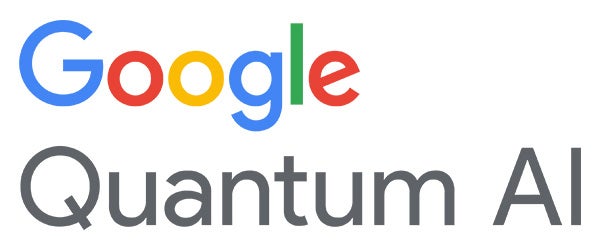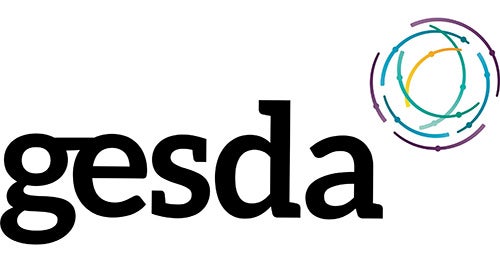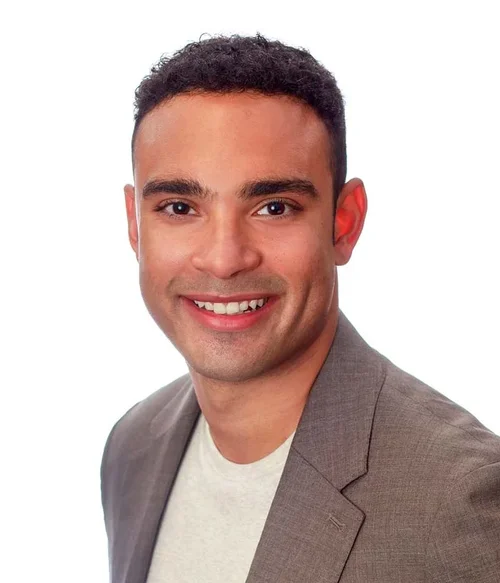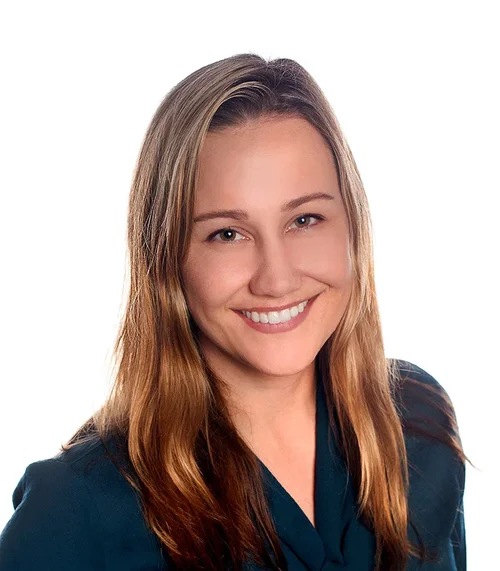- 1 Finals
- 2 Registration
- 3 Registration
XPRIZE Quantum Applications challenges teams to develop quantum algorithms ready for deployment as hardware advances, designed to tackle complex problems in health, climate, energy, and materials science with global impact.
Sponsors
Sponsors fund the prize journey from bold idea to breakthrough—shaping each competition, supporting global teams, and accelerating solutions that scale. Their backing powers impact that lasts well beyond the prize.
Finalist Teams
XPRIZE’s independent judging panel has selected 7 teams as Finalists in the XPRIZE Quantum Applications competition. Finalist teams were chosen through a thorough evaluation of their submissions, which demonstrated plausible pathways to quantum advantage, clear technical novelty, and strong algorithmic rigor. Judges assessed whether teams addressed problem domains where quantum methods could make a difference if resources scale as projected, supported by early resource estimates and classical comparisons. Submissions were also evaluated for evidence beyond conceptual sketches, including quantifying assumptions, acknowledging limitations, and benchmarking against classical methods rather than relying solely on theoretical asymptotic scaling arguments.
Finalist teams now move to Phase II, which shifts the focus from promising ideas to evidence-driven performance assessments and real-world impact. In this next stage, teams will work toward demonstrating benchmarking against state-of-the-art classical methods, clear potential for quantum advantage at relevant scales, detailed resource estimates including architectures, logical qubits, and error-correction assumptions, and quantifiable anticipated real-world impact evaluated by domain experts.
Semifinalist Teams
XPRIZE’s independent judging panel has recognized 20 teams from around the world as Semifinalists in the XPRIZE Quantum Applications competition. Selected from 133 submissions across 31 countries, these teams reflect a growing global engagement. Their progress is grounded in the independent validation of quantum algorithm innovations for real-world applications. Semifinalists were chosen for the plausibility and quality of their ideas.

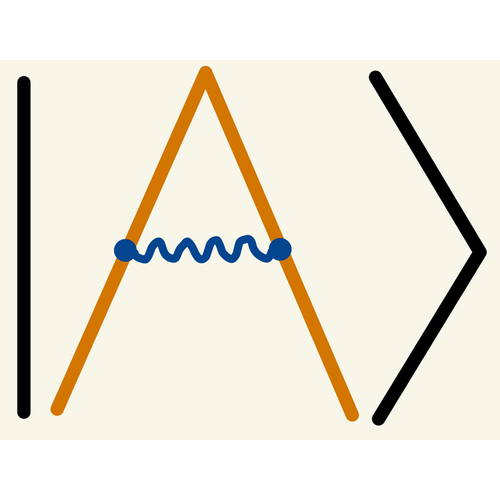
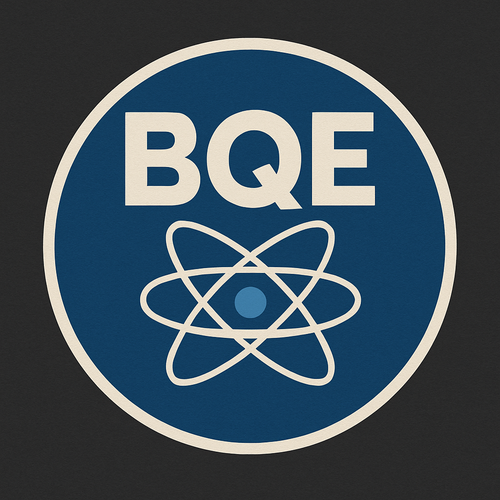
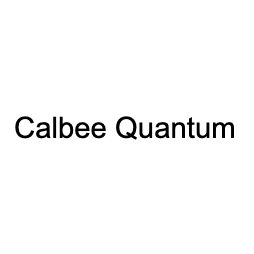
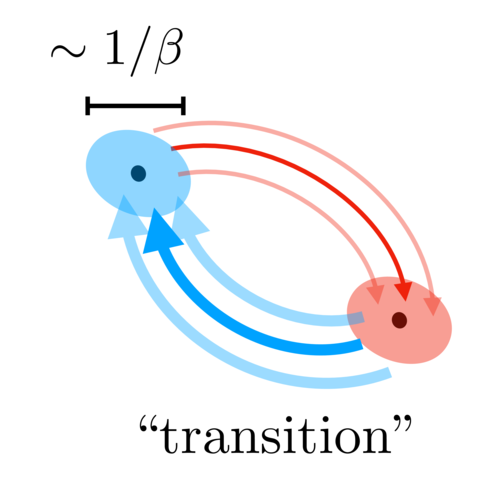
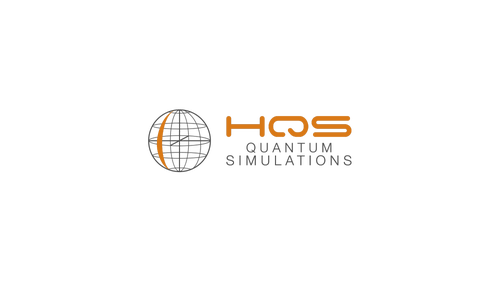
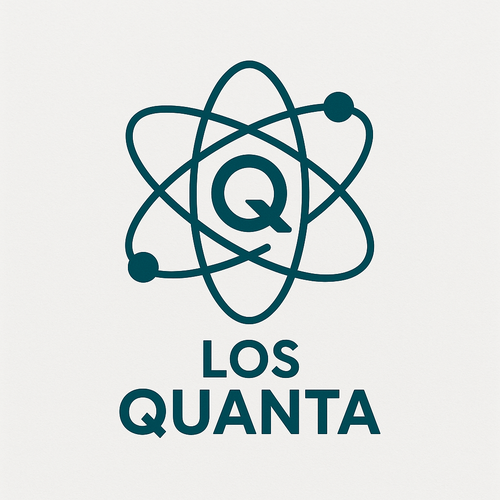

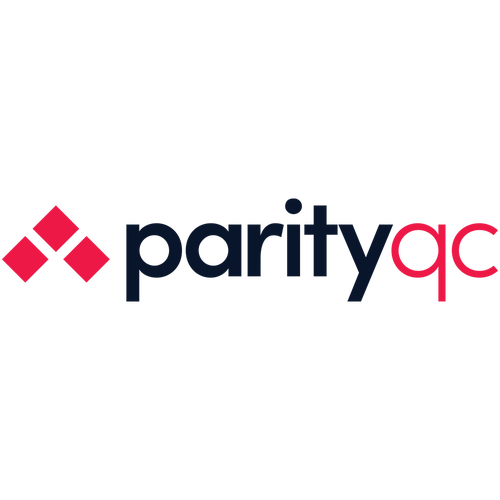
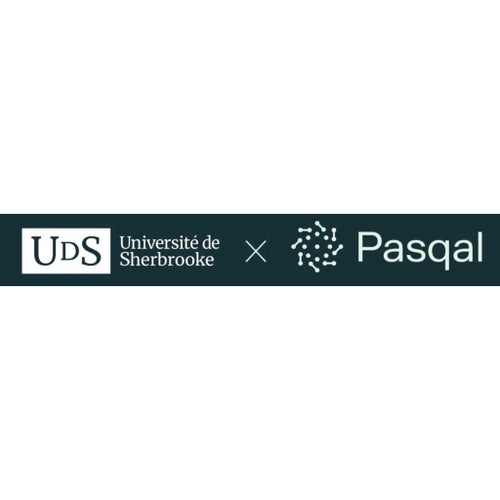
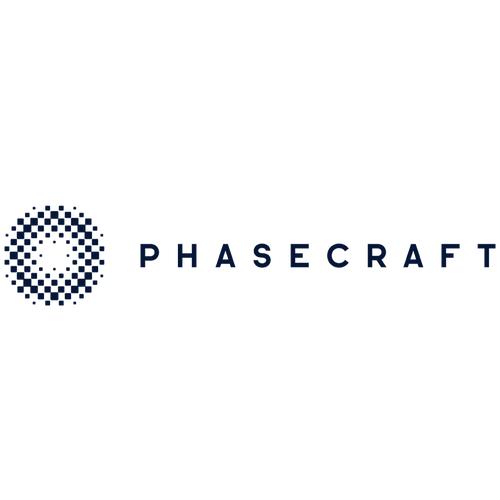
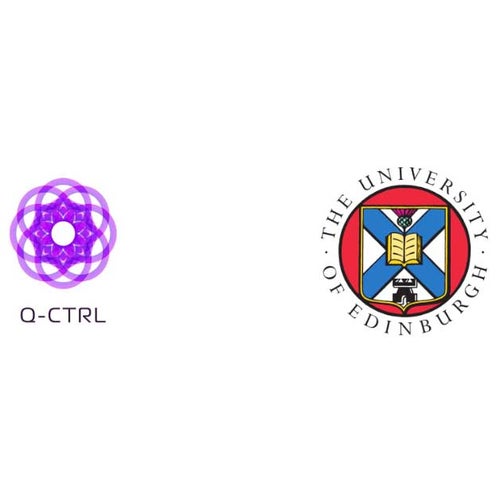
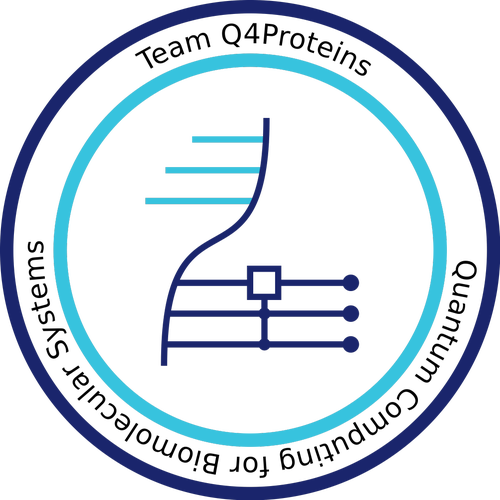


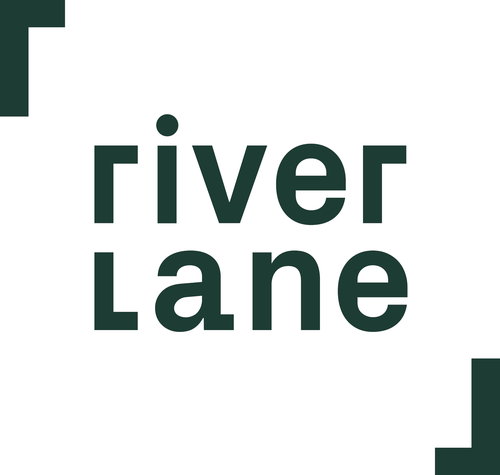
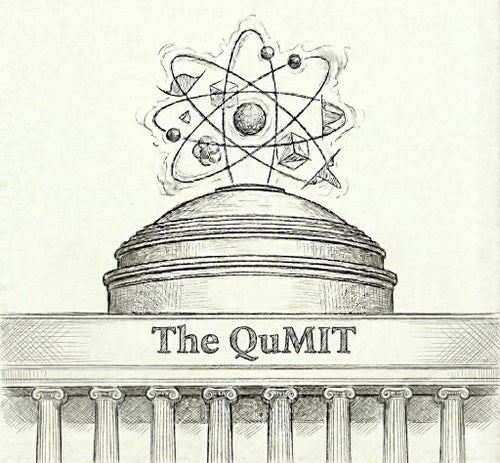
Latest News
Advisors + Experts + Operations
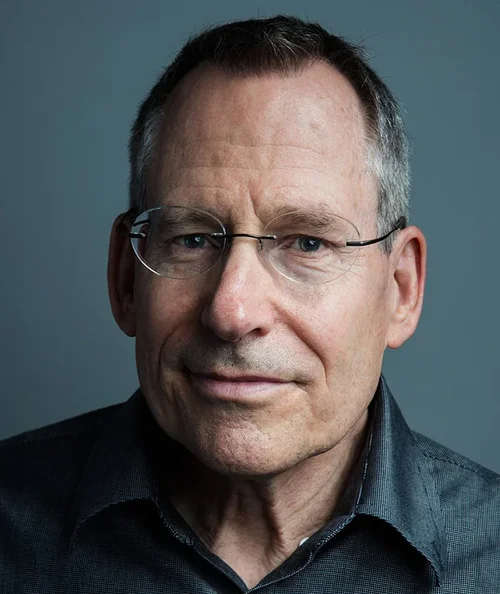
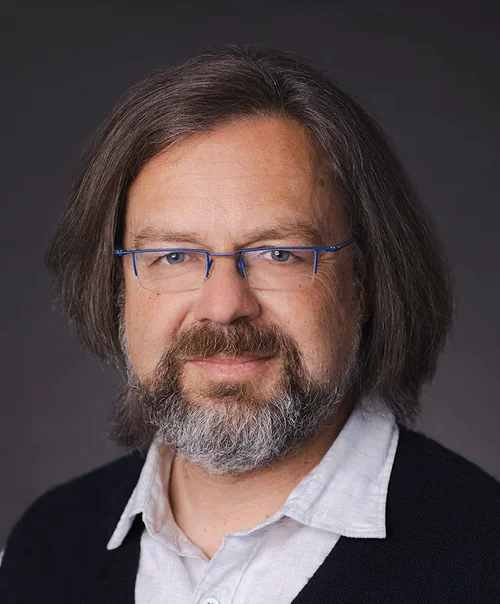
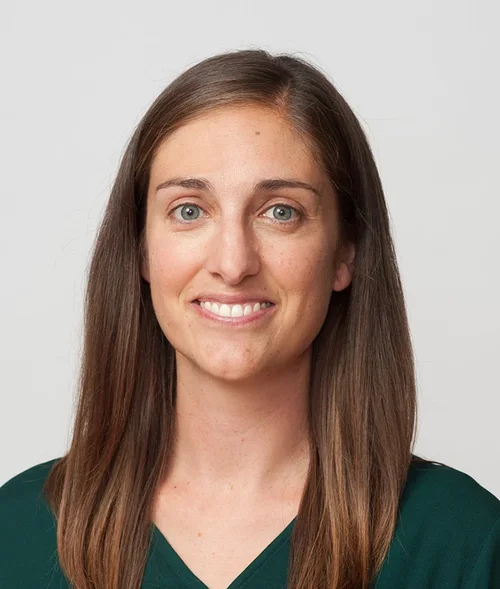
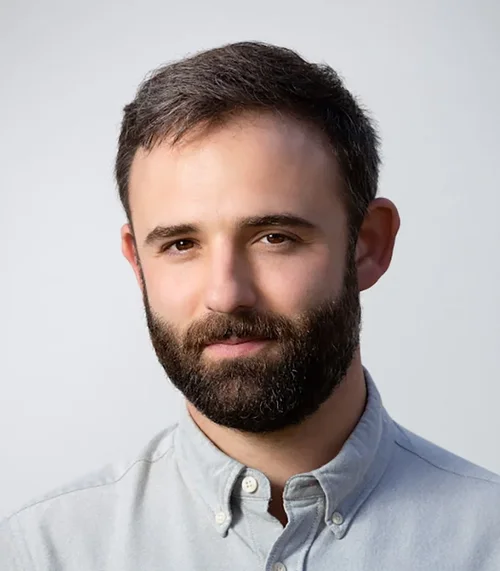
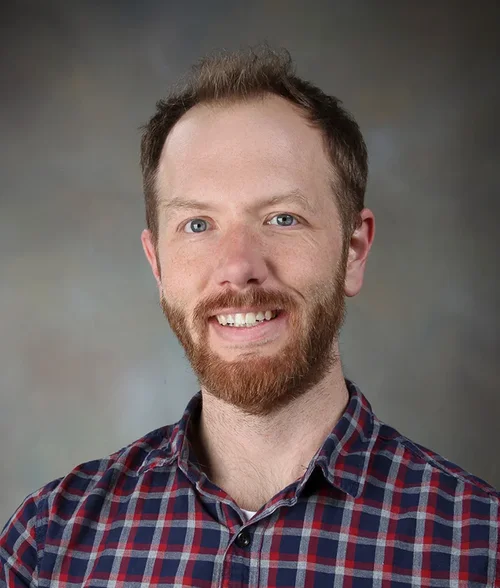

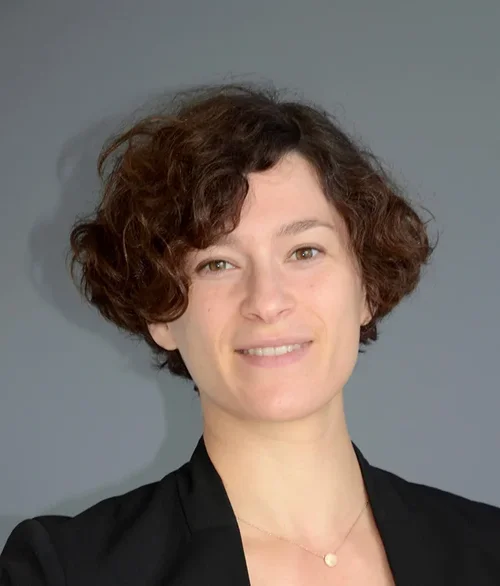
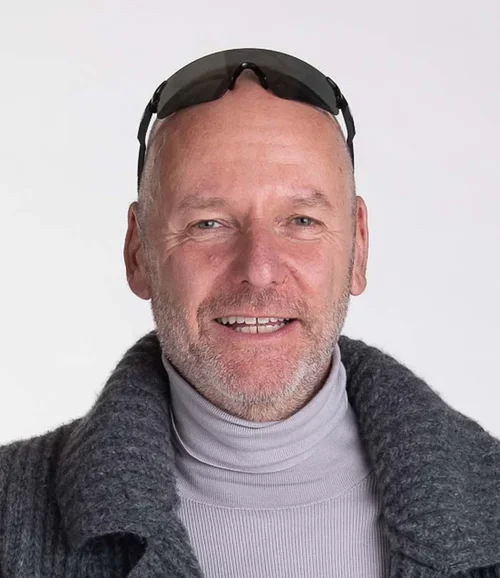
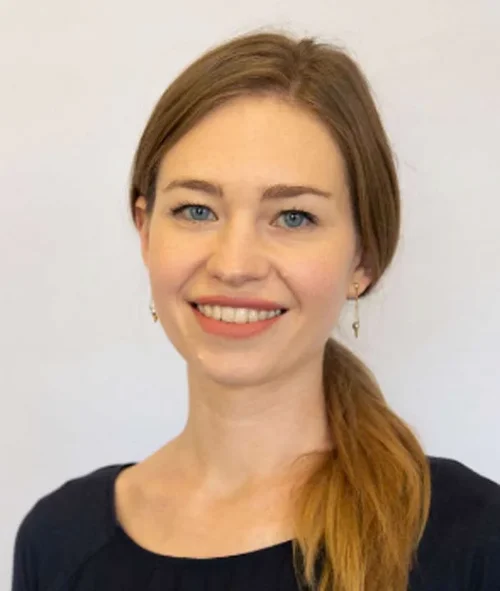
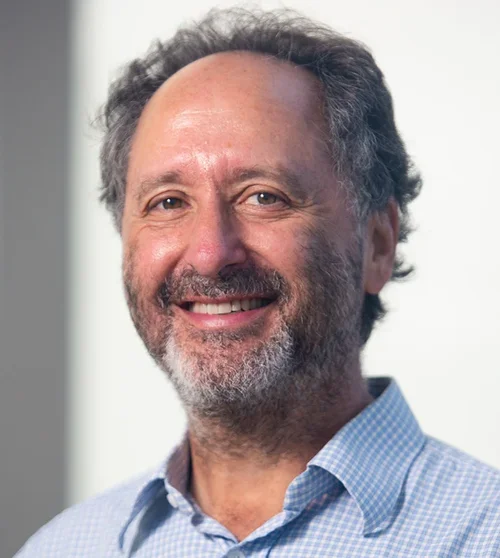
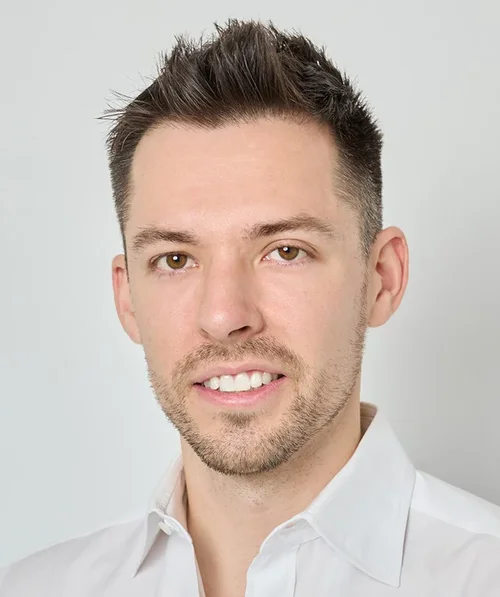

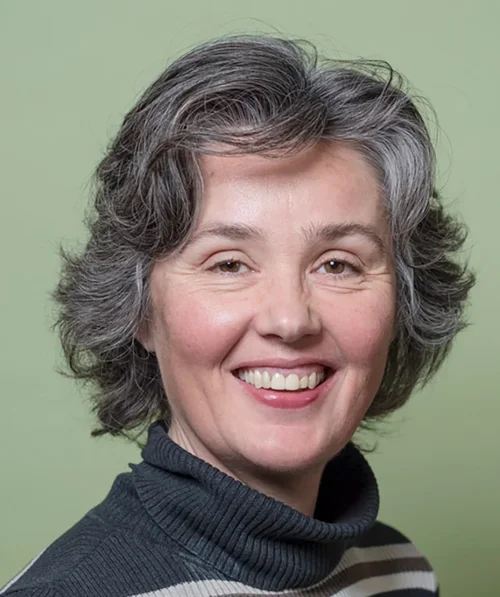
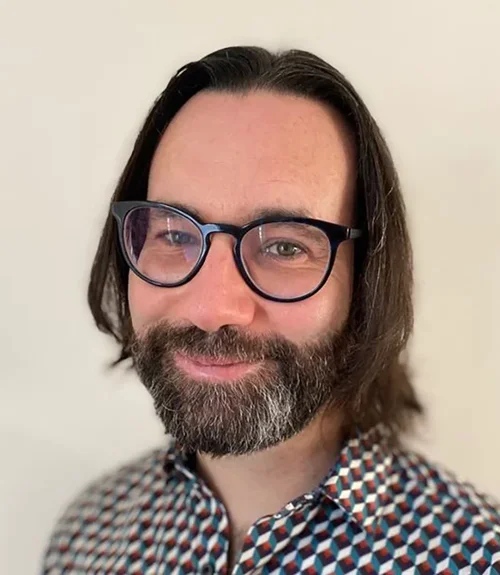
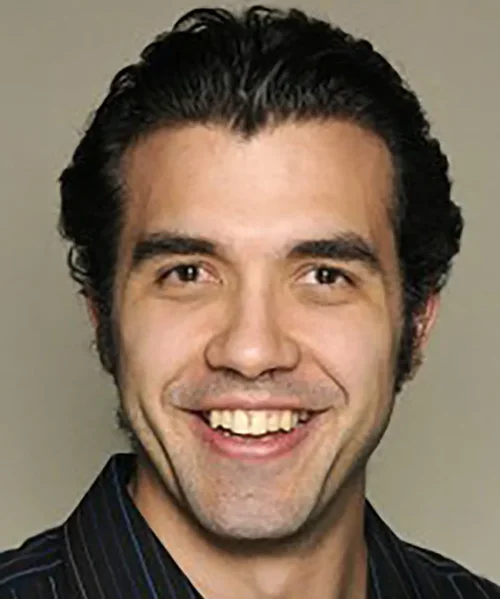
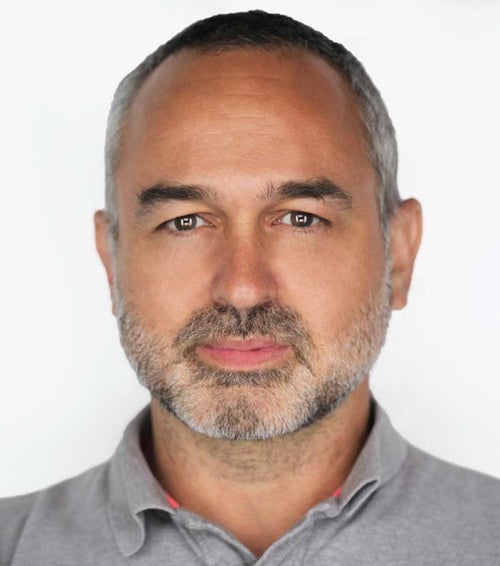
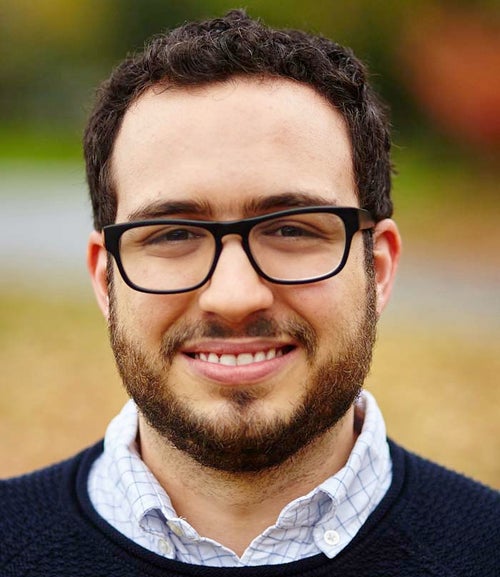
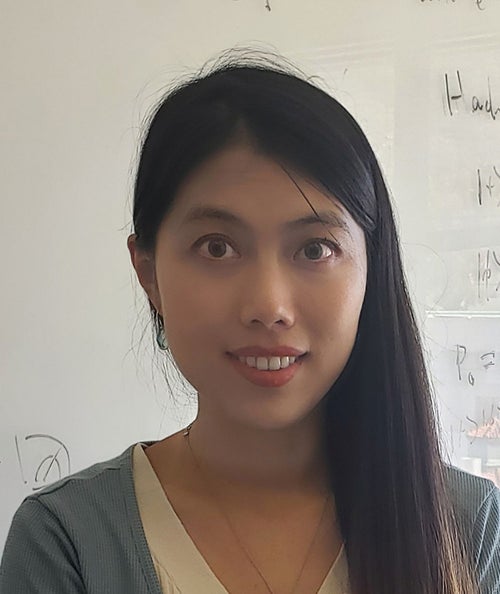
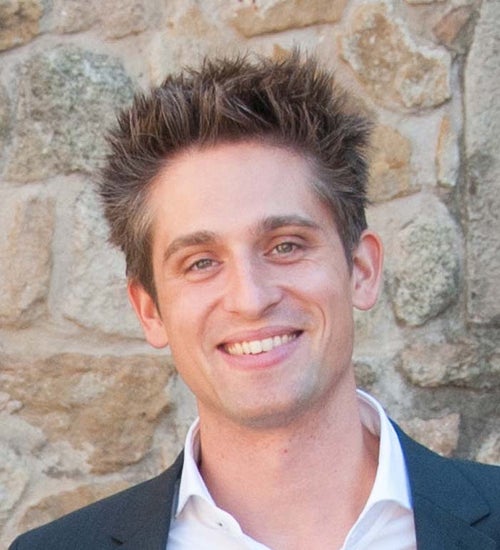
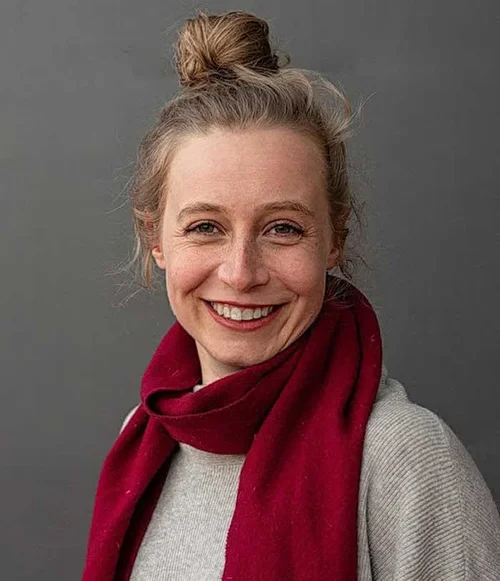
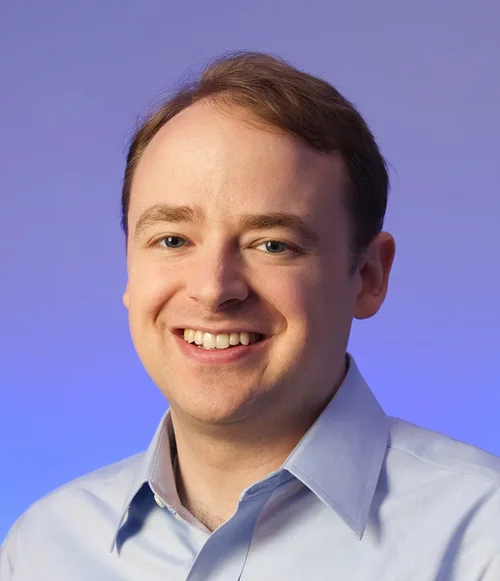

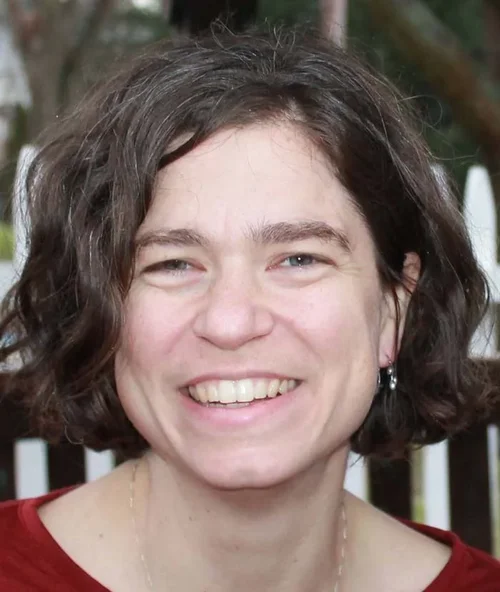
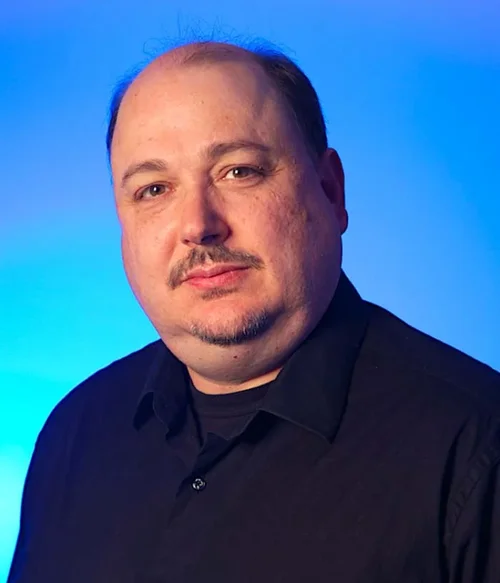
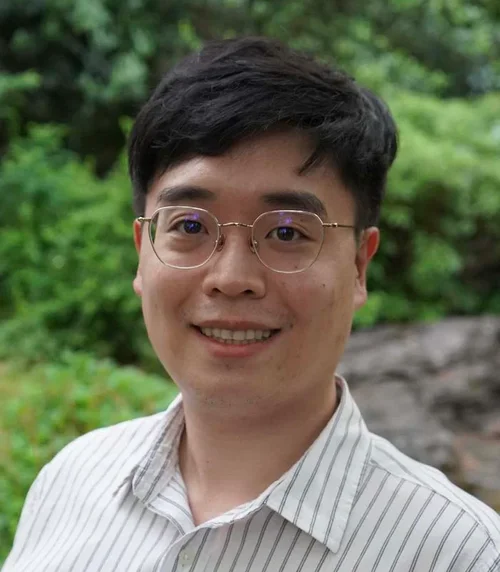
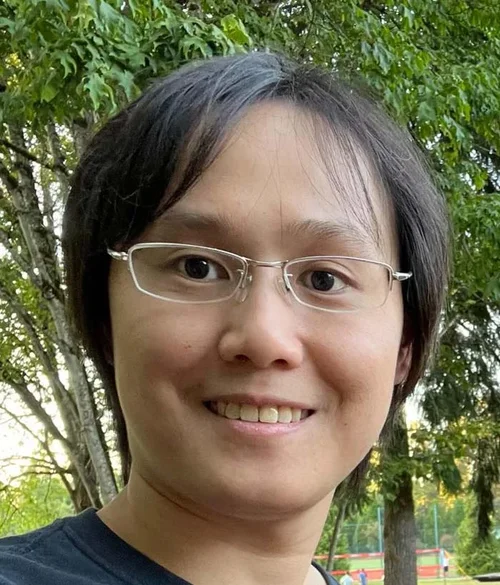
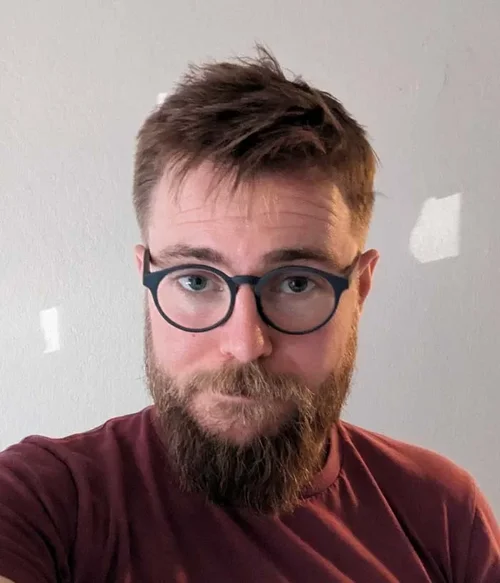

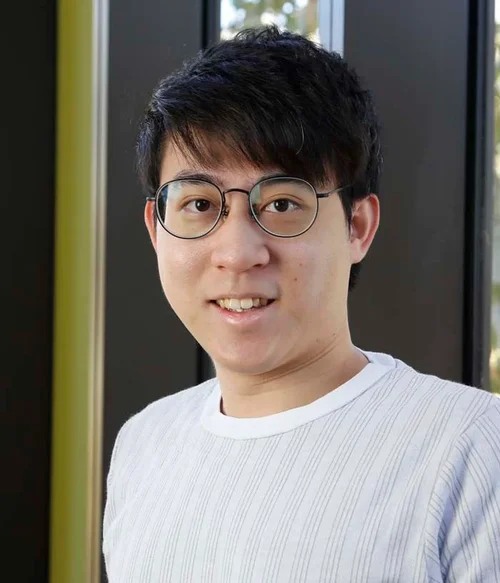
Barrier
Quantum computing holds immense promise, but today’s hardware is not yet powerful enough to solve urgent global challenges. While progress is being made, relatively few efforts are focused on translating quantum algorithms into real-world applications and assessing their feasibility for when sufficiently powerful hardware is available.
Breakthrough
Winning submissions will propose and analyze quantum algorithms and applications with the potential to tackle complex, real-world challenges in areas such as health, climate, and sustainability to unlock the power of quantum computing, once larger-scale hardware becomes available, for the benefit of all.
About the Prize
The $5M, 3-year XPRIZE Quantum Applications competition challenges innovators to propose and analyze quantum algorithms and applications that harness the capabilities of quantum computing to solve pressing real-world issues.
Quantum computing is a multidisciplinary field at the intersection of computer science, physics, and mathematics that harnesses the information processing power of quantum mechanics to solve computational problems that classical computers cannot.
Although today’s quantum computing hardware cannot yet outperform classical systems for most applications, progress is accelerating. Competing teams will develop quantum computing algorithms and applications that tackle some of the world’s most challenging problems, including drug discovery, climate models, fusion reactors, and advanced materials, so that breakthrough solutions are ready to deliver global impact when sufficiently powerful systems become available.
Winning contributions may take three forms.
Novel Algorithm: a new quantum algorithm for solving a new class of problems with quantum advantage.
New Application: Work showing how existing quantum algorithms can be used to solve previously unknown applications with a quantum advantage.
Enhanced Performance: Work significantly reducing the resources required for a quantum computer to reach quantum advantage for an already established algorithm or application.
A diverse community of quantum experts, policymakers, and business leaders, will collaborate to propose, analyze, and benchmark algorithms and applications to bridge the gap between theory and implementation toward a future where quantum innovation drives real-world, global solutions.
Prize Schedule
Launched in 2024, the competition will move through two phases over the next three years. Finalists will develop submissions that showcase how their quantum algorithms could be applied in real-world contexts, with winners announced in the Spring of 2027.
Phases
The XPRIZE Quantum Applications competition is broken down into two phases. In Phase I, teams propose quantum application concepts, analyze their novelty, and assess potential for real-world impact. In Phase II, finalists quantify that impact, benchmark against the best classical methods, and estimate the quantum resources required to achieve meaningful quantum advantage.
Competition Materials
The Competition Guidelines summarize the high-level requirements and procedures of the competition. These guidelines, which have been updated on December 15, 2025, are based upon extensive research and consultation with dozens of experts and researchers across a wide array of relevant fields. Additionally, comments from the open public comment period in response to the Preliminary Competition Guidelines are incorporated. Phase II Wild Card Registration opens on January 14, 2026, and closes on March 4, 2026.
XPRIZE competitions are driven by teams of innovative groups and individuals, comprising subject matter experts, enthusiasts, start-ups, student teams, amateurs, and all problem-solvers in between. A winning idea can come from anyone, anywhere.
Note: The competition is void in those countries where prohibited or restricted by U.S. law. XPRIZE reserves the right to limit, or restrict upon notice, participation in the competition to any person or entity at any time for any reason. Teams may withdraw from the competition as set forth in the Competitor Agreement.
For detailed competition guidelines and entry requirements, please refer to our Guidelines.
Judges will reward submissions that most accelerate the field of quantum algorithms towards quantum advantage for positive real-world applications.
Key criteria include:
A. Projected magnitude of positive real-world impact
B. Estimated quantum resources required for quantum advantage (i.e., how near-term?)
C. The strength of the evidence supporting claims for (A) and (B)
D. Novelty (i.e., magnitude of the “thought delta” introduced)
The Phase I Rules and Regulations provides structure and guidance for teams’ Phase I Submissions. The document was last updated on June 27, 2025.
Other Competitions
IN DEEP TECH + EXPLORATION







